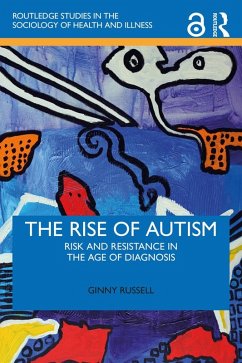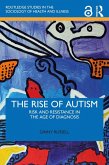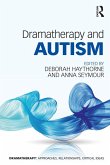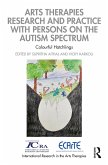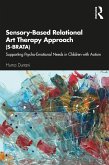This innovative book addresses the question of why increasing numbers of people are being diagnosed with autism since the 1990s. Providing an engaging account of competing and widely debated explanations, it investigates how these have led to differing interpretations of the same data. Crucially, the author argues that the increased use of autism diagnosis is due to medicalisation across the life course, whilst holding open the possibility that the rise may also be partly accounted for by modern-day environmental exposures, again, across the life course.
A further focus of the book is not on whether autism itself is valid as a diagnostic category, but whether and how it is useful as a diagnostic category, and how the utility of the diagnosis has contributed to the rise. This serves to move beyond the question of whether diagnoses are 'real' or social constructions, and instead asks: who do diagnoses serve to benefit, and at what cost do they come?
The book will appeal to clinicians and health professionals, as well as medical researchers, who are interested in a review of the data which demonstrates the rising use of autism as a diagnosis, and an analysis of the reasons why this has occurred. Providing theory through which to interpret the expanding application of the diagnosis and the broadening of autism as a concept, it will also be of interest to scholars and students of sociology, philosophy, psychiatry, psychology, social work, disability studies and childhood studies.
Dieser Download kann aus rechtlichen Gründen nur mit Rechnungsadresse in A, B, BG, CY, CZ, D, DK, EW, E, FIN, F, GR, HR, H, IRL, I, LT, L, LR, M, NL, PL, P, R, S, SLO, SK ausgeliefert werden.

